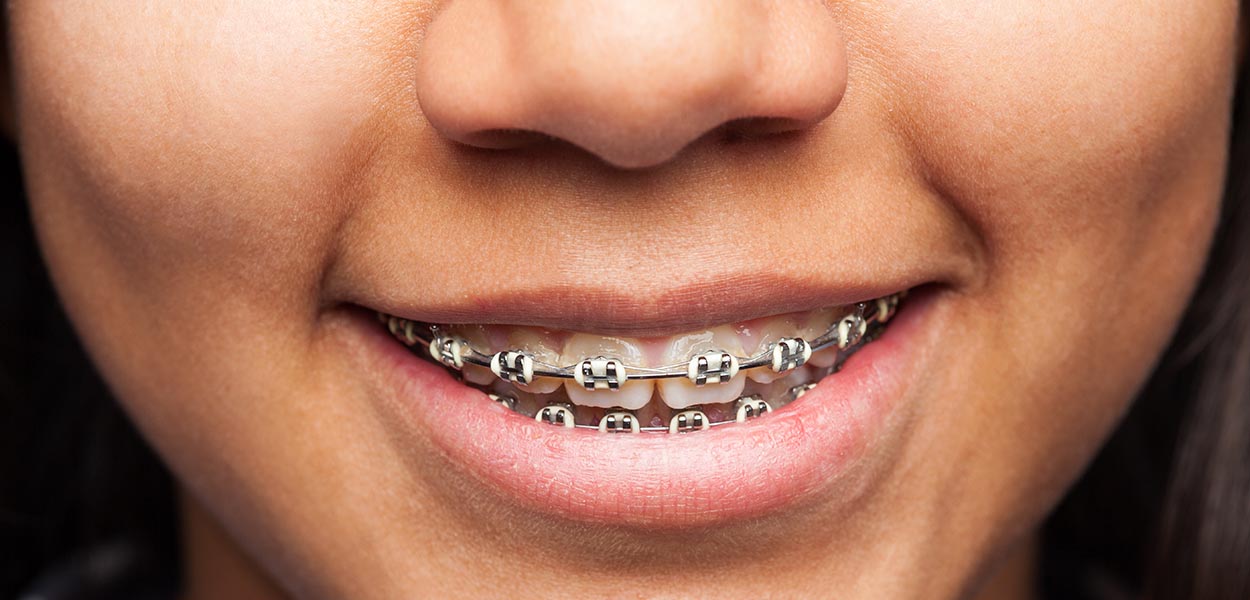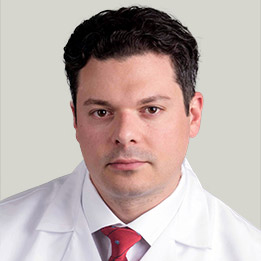Why Should I Get A Second Opinion Before I Get Braces?

SKOKIE AND ROUND LAKE, ILLINOIS — Getting braces for you or your child is a significant expense, so it stands to reason that you would want to ensure you’ve selected the best provider for the job.
Stosich Consulting routinely receives calls from people seeking a second opinion regarding orthodontic treatment for themselves or their children. It is common for people who are considering significant dental care to do so.
People typically come here in search of a second opinion when they have questions about the proposed treatment course suggested by another orthodontist. Kenilworth and Grayslake orthodontist Dr. Michael Stosich says. “Patients often choose us after that second opinion because of our courteous staff and the technologically advanced training and treatment options provided by us.”
It’s important to remember that different orthodontic professionals may approach treatment differently and still get the same results. At the end of the day, you must find the provider with whom you have the most confidence and best rapport, says Dr. Stosich, a provider of adult orthodontics in Skokie.
There are some red flags that could signal the need for seeking a second opinion. One occasion is if your orthodontist has said you need emergency treatment.
“Emergency treatment is very rare,” Michael Stosich says. “If you’re feeling pressured to begin treatment immediately, don’t feel obligated. Get another opinion.”
Another reason to seek another opinion is if your orthodontist has recommended jaw surgery or tooth extraction.
“That is a big decision,” says the affordable braces provider. “Maybe get another opinion so you feel better about that decision.”
A quick sidebar: you can help avoid an orthodontist’s extraction or surgery recommendation for your children by taking them to an orthodontic evaluation by age 7, which is recommended by the American Association of Orthodontists. Evaluations at this age can identify alignment and bite abnormalities early enough to correct them without the need for such extreme measures. At this age, Dr. Stosich can use a child’s growing jaws to his benefit by guiding the growth. He can expand palates to make room for erupting teeth and control jaw growth to allow one jaw to catch up with the other if an overbite or underbite is diagnosed.
Another signal to shop around is if you feel that you lack rapport with your orthodontist.
Orthodontic treatment requires a considerable investment of your time. You’ll be visiting your orthodontist every six to eight weeks for at least one to two years in most cases. If for any reason you simply feel that you don’t “click” with your orthodontist, perhaps you should get a second opinion to see if you find someone you like better.
“Particularly when we’re talking about treating children, compliance is a huge factor in whether treatment goes according to plan,” Dr. Stosich who also provides invisalign in Round Lake says. “A child who likes and respects the orthodontist is more likely to follow the rules and do the things that must be done to ensure treatment is completed on time.”
A Final Thought
Choosing an orthodontist is a decision that shouldn’t be made lightly. Don’t be afraid to ask questions, Dr. Stosich says. For instance, make sure your care is totally customized by one doctor to you, and not a one-size-fits-all approach. Ask to see before and after photos of other patients who’ve been treated for similar malocclusions.
Our goal is to always provide the most effective treatment recommendations and to create an environment that not only puts patients and parents at-ease, but also gets them excited about treatment. If you feel anything less than comfortable and confident in your orthodontist’s abilities, search until you find a professional with whom you can be happy.
© 2013 Dr. Michael Stosich. Authorization to post is granted, with the stipulation that Dr. Michael Stosich is credited as sole source. Linking to other sites from this article is strictly prohibited, with the exception of herein imbedded links.


